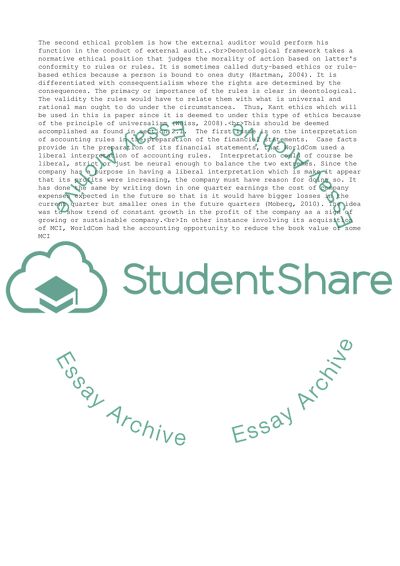Cite this document
(“Deontological Ethics Case Study Example | Topics and Well Written Essays - 1250 words”, n.d.)
Deontological Ethics Case Study Example | Topics and Well Written Essays - 1250 words. Retrieved from https://studentshare.org/business/1585389-deontological-ethics
Deontological Ethics Case Study Example | Topics and Well Written Essays - 1250 words. Retrieved from https://studentshare.org/business/1585389-deontological-ethics
(Deontological Ethics Case Study Example | Topics and Well Written Essays - 1250 Words)
Deontological Ethics Case Study Example | Topics and Well Written Essays - 1250 Words. https://studentshare.org/business/1585389-deontological-ethics.
Deontological Ethics Case Study Example | Topics and Well Written Essays - 1250 Words. https://studentshare.org/business/1585389-deontological-ethics.
“Deontological Ethics Case Study Example | Topics and Well Written Essays - 1250 Words”, n.d. https://studentshare.org/business/1585389-deontological-ethics.


